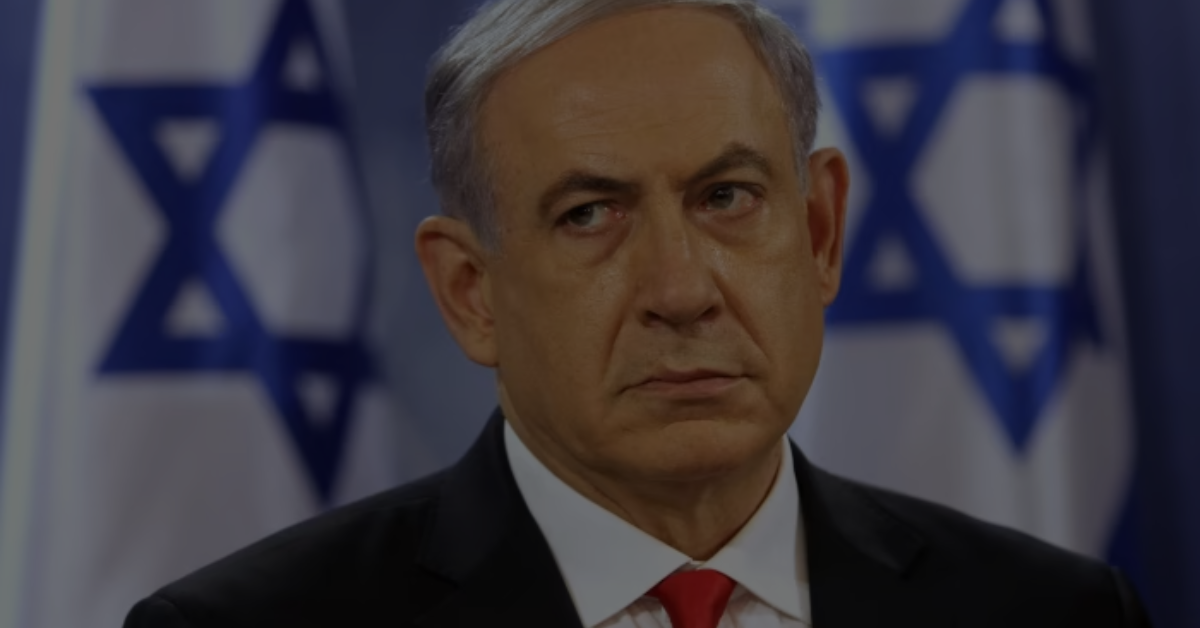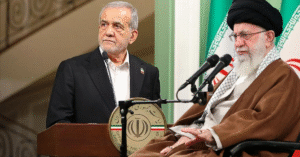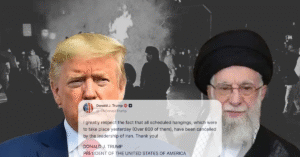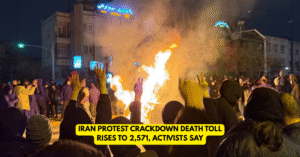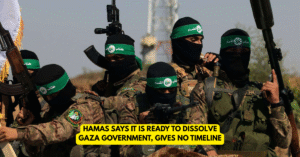Israeli Prime Minister Benjamin Netanyahu has stirred up a storm across the Middle East after expressing support for the idea of a “Greater Israel” — a vision that stretches far beyond the country’s current borders. The remarks came during an interview with i24 News, where Netanyahu was shown an amulet symbolizing the biblical “Promised Land.” It depicted territory including East Jerusalem, the West Bank, Gaza, the Sinai Peninsula, and the Golan Heights. Asked if he identified with the vision, Netanyahu replied: “Very much.” That short answer has triggered a wave of anger across Arab capitals.
Within hours, a joint statement was released by 31 Arab and Islamic countries, including the Gulf Cooperation Council (GCC), the Arab League, and the Organisation of Islamic Cooperation (OIC). The groups condemned Netanyahu’s words as a “dangerous violation of international law” and an open threat to regional stability. Saudi Arabia denounced the comments as “expansionist ideas” that undermine peace efforts. Egypt called the statement a “provocation” and demanded clarification from Israel, while reaffirming its support for a two-state solution based on 1967 borders. Jordan described the remarks as a “dangerous and provocative escalation,” insisting that no rhetoric could erase Palestinian rights. The Arab League urged the United Nations to step in, warning that Netanyahu’s remarks jeopardize not just Palestine but the wider Arab world.
The controversy comes at a tense time. Israel has already drawn criticism for approving new settlement projects in the West Bank’s E1 corridor, an area seen as vital for a future Palestinian state. Netanyahu’s endorsement of a broader territorial vision has raised fears that his government is doubling down on hardline policies. For many Arab states, the comments confirm long-held suspicions: that peace talks and negotiations are being overshadowed by expansionist goals. At the same time, countries such as France and Australia are moving toward recognizing a Palestinian state — creating a sharper divide between Israel’s current policies and international sentiment.
Diplomats warn that Netanyahu’s remarks could derail fragile diplomatic bridges built in recent years between Israel and parts of the Arab world. “It is not just about words,” one Gulf official told regional media, “it is about the message: that peace, borders, and rights can be dismissed.” For now, the Arab world has shown rare unity in condemning Israel’s leader. What remains to be seen is whether this outrage will translate into stronger political and economic measures — or remain as sharp words in an already fractured region.
